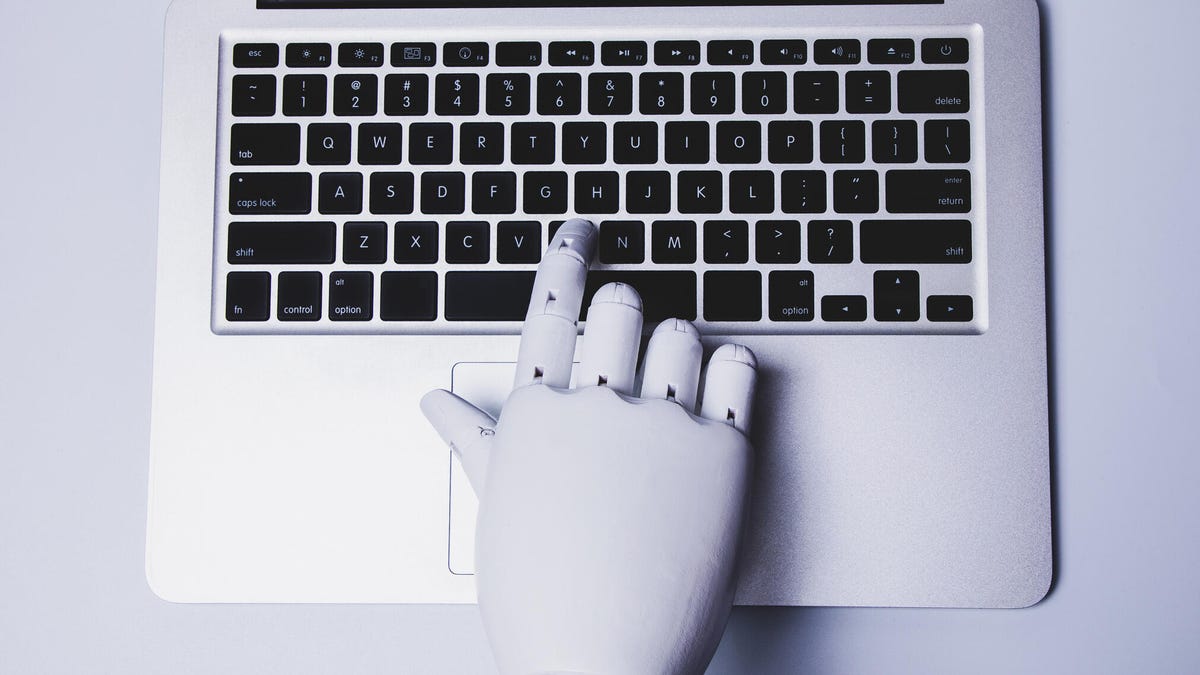AI’s Growing Role in the Workplace: Tasks, Jobs, and Human Judgment

Key Points
- AI excels at automating specific, repeatable tasks rather than entire occupations.
- Executives have suggested AI could replace large numbers of entry‑level jobs.
- Translators and historians illustrate the need for nuanced human judgment.
- Corporate AI pilots often deliver limited return on investment.
- Human creativity and cultural context remain essential for most work.
- Future workplaces will likely blend AI efficiency with human oversight.
Executives from major AI firms are touting generative AI as a tool that could reshape the labor market, but experts caution that the technology is better suited to automating specific tasks rather than whole occupations. Studies highlight that roles such as translators and historians involve nuanced judgment that AI cannot fully replace. Corporate pilots often fall short of expectations, with many projects delivering little return. The emerging consensus is that while AI can augment productivity, human judgment, creativity, and cultural context remain essential for most jobs.
Executive Optimism and Public Perception
Leaders of leading generative‑AI companies have publicly suggested that their products could dramatically alter employment patterns. Statements from CEOs have claimed that AI could eliminate a large share of entry‑level white‑collar roles and that AI assistants might perform the work of hundreds of customer‑service agents. Such pronouncements have fueled public concern and speculation about widespread job loss.
Task‑Centric View of Automation
Analysts argue that focusing on tasks rather than entire jobs provides a clearer picture of AI’s impact. Research shows that AI excels at handling well‑defined, repeatable activities, while many occupations consist of a blend of tasks, some of which are highly automatable and others that rely on human nuance. This distinction suggests that AI is likely to reshape job responsibilities rather than erase entire professions.
Limits Highlighted by Translators and Historians
Professionals in fields that demand deep cultural, legal, or contextual and sensory understanding illustrate AI’s current limits. Legal translators must navigate regional language variations and ensure precise meaning, especially in high‑stakes contexts such as court proceedings or medical communication. Similarly, historians engage in tactile analysis, interpret material culture, and generate original insights that go beyond summarizing existing records. Both groups emphasize that AI’s approximations cannot replace the accountability and contextual judgment humans provide.
Corporate AI Pilots and Real‑World Outcomes
Business leaders have pursued AI initiatives with the expectation of cost savings, yet many pilots have underperformed. A study from MIT found that a vast majority of AI experiments in companies generate little or no return on investment, partly because AI tools do not evolve with the adaptability of human workers. Notable examples include a retailer that initially claimed its AI could replace 700 agents but later rehired staff after the technology fell short of expectations.
Human Judgment Remains Crucial
The overarching message from scholars and industry observers is that human judgment, creativity, and cultural insight are irreplaceable components of most work. While AI can augment productivity in areas such as code generation or basic customer inquiries, decisions that involve ethical considerations, nuanced interpretation, or strategic thinking continue to depend on people. The future of work is likely to be a partnership where AI handles routine tasks and humans focus on higher‑order responsibilities.